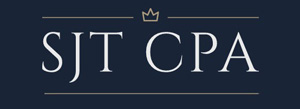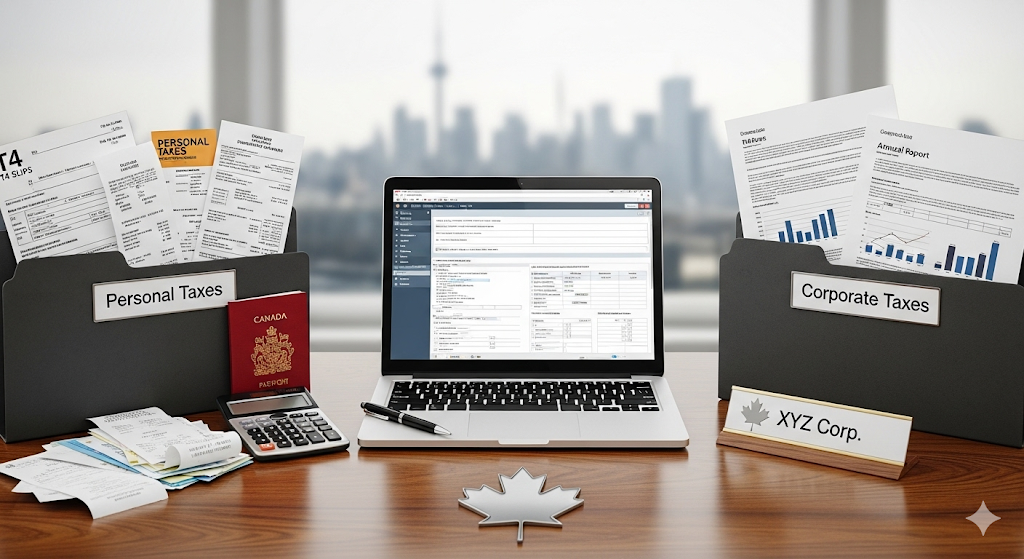In Canada, tax filing is important for individuals and businesses, but they have different processes and requirements. Knowing the differences between personal and corporate tax filing allows you to adhere to the rules, reduce your responsibilities, and steer clear of expensive errors. Let’s discuss the essential differences.
Personal Tax Filing
An individual must file their income tax return if they have employment income, self-employment income, or investment income. All Canadian residents are required to file personal tax returns annually, usually by April 30. The filing accounts for all reported income, deductions, and credits, such as RRSP contributions and child-related credits.
In most cases, the process is pretty simple, though it can get stressful if you have multiple income sources. Precision is essential, as mistakes might delay refunds or bring about unnecessary audits.
Corporate Tax Filing
In Canada, corporate tax filing is mandatory for all incorporated businesses, unlike personal taxes, even if the corporation did not make any income during the year. The corporate tax return in Canada (T2) incorporates detailed financial statements, business expenses, income, and any deductions that apply to the business.
Corporations are under greater scrutiny relating to compliance and tax planning. They may use income splitting, deferring tax payments, or claiming capital cost allowances to their advantage. There are also different guidelines for deadlines: corporate returns are generally due six months after the fiscal year-end, although taxes owed must be paid within two to three months, depending on the corporation’s type.
Differences Between Personal and Corporate Tax Filing
- Types of Income: Return filings of business corporations focus on detailed financial data, unlike individual return filings that involve wages, investments, and contract work.
- Deductions: Companies can write off operating expenses, employee wages, and asset depreciation. Individuals can deduct RRSP contributions, tuition, and medical expenses.
- Deadlines: Individual tax returns are due by a set date in April. Corporate tax returns are filed after the completion of a company’s fiscal period.
- Complexity: The compliance, review, and documentation requirements for corporate tax returns are greater in number compared to personal taxes. The greater requirements imply the greater need for tax experts for compliance to be guaranteed.
Common Challenges in Tax Filing
While filing personal returns, people may have trouble pinpointing all eligible tax credits or might mess up reporting investment income. On the other hand, businesses have to deal with payroll, GST/HST, and keep adequate records for their corporate tax returns in Canada.
Two major issues are missed deadlines and disorganized financial records. Ever-changing regulations create additional pressure for companies. Consistent planning, as opposed to only season-specific, lessens errors and promotes easier compliance.
How CPA Tax Professionals Can Help
When you work with a CPA tax professional, you get a clear view of the process. For individuals, they make filing simple, help claim all possible credits, and steer clear of mistakes. In the case of corporations, they offer a strategic approach to tax planning, guarantee adherence to regulations, and assist in identifying savings ripe for the future.
Closing Lines
Regardless of whether you are preparing your annual individual income tax return or your corporate tax return, being aware of the differences assists in making wiser financial choices. For compliance, strategic benefits, and reduced anxiety, consider engaging SJT CPA’s specialists. Our staff offers tailored assistance to both individual and corporate clients.
Contact SJT CPA now and see how easy and stress-free the tax filing process is.


